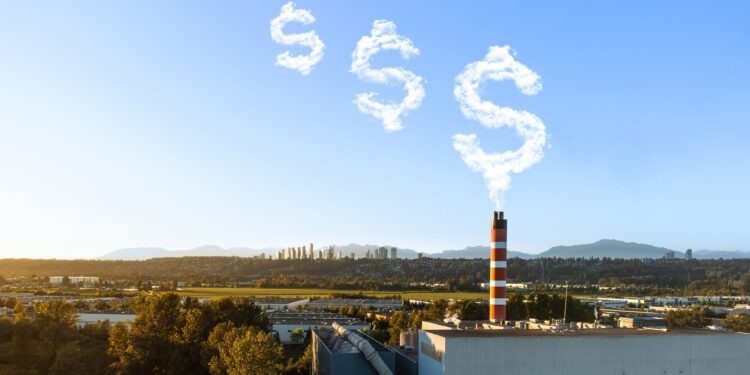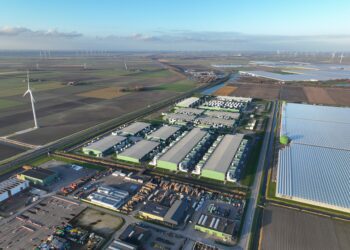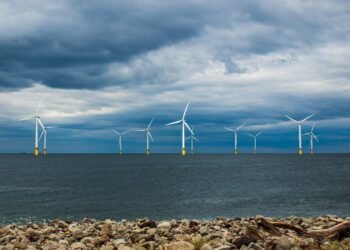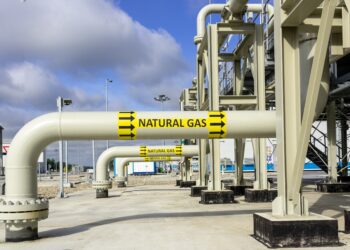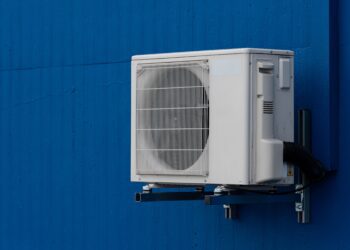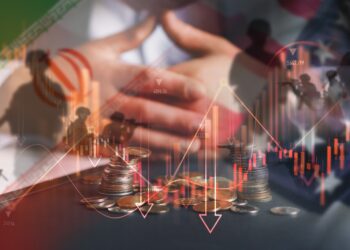As the search for climate solutions grows more urgent, the World Bank as of mid-2025 registered 43 carbon tax initiatives worldwide, at both national and regional levels. A decade earlier, only a dozen countries, mostly in northern Europe, had them. Even today, neither the U.S. nor China has adopted a carbon tax; in total, only 5.6% of estimated greenhouse gas emissions worldwide are covered by them.
But in deciding to impose taxes on emissions it’s important to consider their consequences for companies, the economy and the environment, as well as to determine whether polluters do actually pay or become greener as a result.
Research by IESE’s Martin Jacob, together with Kira Zerwer of WHU-Otto Beisheim School of Management, indicates emission taxes may unexpectedly undermine capital investment. Companies invested less after the introduction of a tax — not because they wanted to curtail pollution but because of the financial burden of the heavier taxation. Particularly impacted were companies unable to pass the extra tax costs on to consumers or suppliers.
A second piece of research by Jacob and Zerwer, together with Thilo Erbertseder and Hannes Taubenböck, both of the German Aerospace Center, used satellite-based data to measure actual emissions, and found the tax served as a slight nudge in the right direction but failed to have major impact on the targeted greenhouse gases.
“Emission taxes might not have the desired impact,” the first study finds, “suggesting that policy makers may utilize other tools from their regulatory toolbox to tackle polluting firms and make them more efficient actors in climate policy.”
Higher taxes, lower investment
The research looks at two neighboring provinces in Spain: Alicante and Murcia. The regional government of Alicante, following European Union directives, quickly introduced an emission tax on sulfur oxides (SOx) and nitrogen oxides (NOx) at the start of 2013; neighboring Murcia did not.
The Alicante reform substantially increased corporations’ tax bills — on average, by 7% compared with their Murcia neighbors — and generated additional compliance costs and a surge in demand for advisory services.
So far, that’s according to plan: make polluters pay more. And almost every new environmental regulation is accompanied by an immediate jump in compliance costs and in demand for consultants, as companies scramble to adjust to different rules. A higher tax bill could be a mark of policy success, even if companies don’t like it.
The problem lies in how firms paid the additional taxes. Often, they did so by cutting back on investments in fixed assets. Companies in Alicante scaled back investment by nearly 1% of total assets, relative to those in Murcia, after the introduction of the tax.
High and low polluters respond the same
Additionally, there was no link between industry-level emissions of SOx and NOx and investment response: the investment decline was similar across high- and low-polluting industries alike. That means companies were forced to reduce investment for purely economic reasons, independent of environmental considerations.
In fact, high-emitting industries in which tax costs could be passed on to suppliers or customers could continue investing. This happened at the cost of some low-emitting industries that cut investment because they ultimately needed to shoulder part of the emission tax burden through higher input prices from high-emitting industries.
Turning again to France and Ireland, the research finds that the investment response in those countries was unrelated to the level of CO2 emissions in an industry. Instead, as in Spain, investments of firms operating in more competitive markets, with low pricing power or with low financial flexibility, were the most affected by the CO2 taxes.
And what about actual emissions? In some senses, “pollution level” is the metric that matters most. The second piece of research examined the same region for indications of whether NOx levels dropped following the tax. Using satellite-based data, the researchers found the tax achieved a modest 1.2% decline in NO2 levels annually, equivalent to approximately 728 tons of NOx emissions. There were stronger reductions in industrial areas and among innovative firms and larger companies, emphasizing the role of technological capacity in climate adaptation.
All of the findings underline that, unfortunately, there’s no single, easy way to convince companies to go green. A simple tax on emissions may not be the answer.
Policymakers must develop a more complex toolkit, including measures such as tax incentives for dirty firms to invest in green technology, and a binding and effective cap on the volume of emissions.

